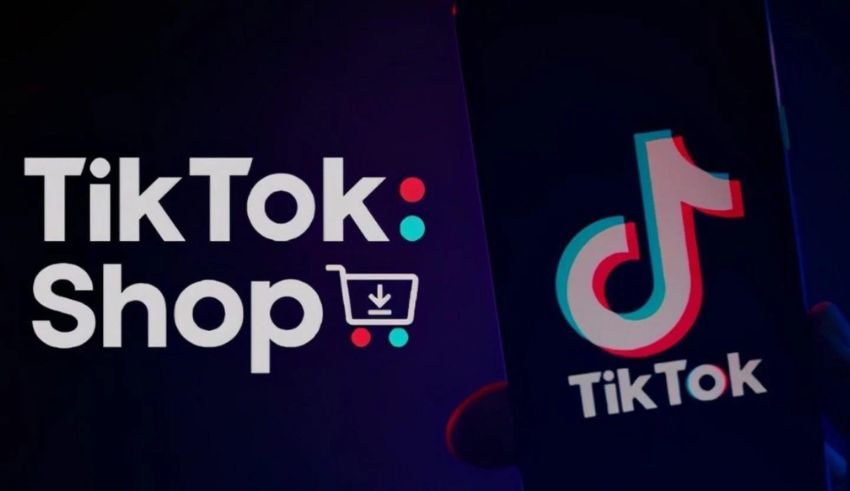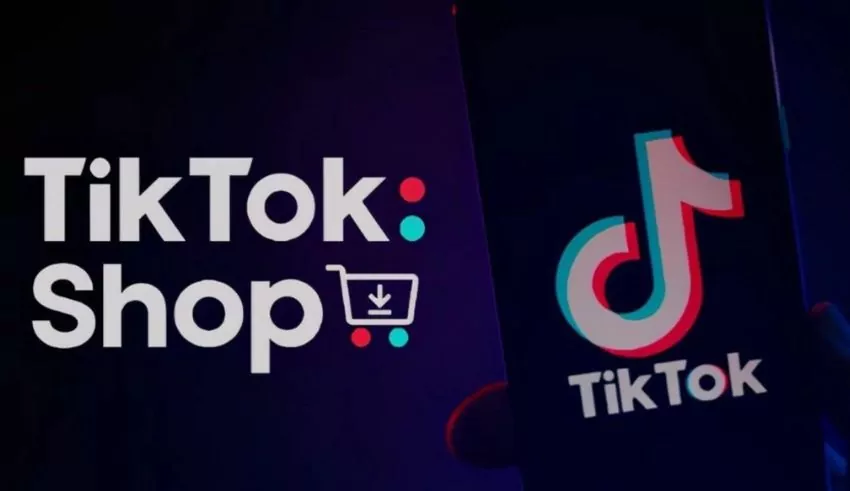

(C) FAJAR
Picture this: the online world collided with the real world when TikTok decided to step back from the e-commerce dance floor in Indonesia, all thanks to the government’s new rules on social media e-commerce. It’s not your usual story of politicians picking winners and losers; it’s a tale of struggling businesses tugging at the strings of power, shaping policies to protect their remaining profits.
Just a week before the ban announcement, the spotlight was on Tanah Abang, Jakarta’s bustling wholesale market. Local sellers, overwhelmed by losses soaring over 50%, pointed fingers at the accessible and affordable imported goodies available online. The blame game led to TikTok Shop, TikTok’s e-commerce platform, accused of practicing “predatory pricing” that hit local small and medium-sized businesses hard.
Once the ban came into play, TikTok Indonesia expressed regret for the millions of TikTok Shop sellers who would feel the pinch. Yet, it raises an eyebrow about the government’s timing and intentions, leaving us to wonder about the impact on homegrown businesses.
The government’s rule overhaul created a legal separation between social media and social commerce, laying the groundwork for the ban. However, in the era of COVID-19, where online shopping became the norm, it’s an open question if this move can revive traditional markets like Tanah Abang.
Picture a world where people shop online for convenience, on e-commerce giants or through Instagram sellers’ stories. In this world, small and medium enterprises (SMEs) depend on social media to stay afloat. The ban might be a hard punch to these SMEs while e-commerce giants like Lazada continue to thrive, selling those irresistible cheap imported goods.
This isn’t a unique Indonesian tale; it echoes a global trend where struggling sectors sway governments to protect their turf. The ban is essentially a move to limit competition and show support for old-school businesses. It’s an example of how the so-called “losers” can tango their way into government policy in a dynamic market.
The ban didn’t come alone. New rules also clipped the wings of foreign merchants, limiting them to selling items worth more than $100 on traditional e-commerce and social media platforms. However, there is a catch: Indonesia also needs to step up its game, creating premium goods that can compete on the global arena while maintaining competitive costs.
Indonesia requires a more innovative strategy to protect SMEs. The government may help by providing low-interest loans, infrastructural improvements, investments in SME clusters, and effective training programs. Avoiding competition is not the solution. The secret to economic success is accepting competition and, in the process, developing a dynamic economy that works for everyone in a world where the fear of foreign influence can impede development.
So, this TikTok tango with e-commerce in Indonesia? It’s not just a story of an app and a ban; it’s a dance of dollars and decisions, with businesses, consumers, and policymakers trying to find their rhythm in a rapidly changing economic landscape.
Having been aired in Japan, the second season of Shangri-La Frontier has just been completed, and people are already hashtagging…
OpenAI updated ChatGPT-4o to include its best text-to-image tools so free users can generate Studio Ghibli artwork by giving basic…
The stepping down of Piyush Gupta from the post of CEO of DBS Bank came after 15 years of leading…
The Delhi Directorate of Education releases 2025-26 marks for year-end tests in school levels 6 through 11. Online test data…
Singapore will further cement its status as an important basketball destination when it hosts three FIBA 3x3 events in 2026…
Jewel Section E, directed by Theodore Boborol and starring Ashtine Olviga as Jay-Jay Mariano, Andres Muhlach as Mark Keifer Watson,…
This website uses cookies.
Read More